
The new CEO of the Driver and Vehicle Licensing Authority (DVLA), Julius Neequaye Kotey, has proposed formalising the activities of informal agents, popularly known as ‘goro boys,’ who facilitate vehicle registration and licensing services at DVLA offices across the country.
Julius Neequaye Kotey argued that instead of trying to eliminate these middlemen, the government should rather regulate their operations to improve efficiency and transparency. He suggested that a structured approach would set clear guidelines, including capping service charges to prevent exploitation.
This proposal contrasts with past DVLA efforts to discourage the use of middlemen. It will be recalled that in 2021, the Authority introduced a new vehicle registration suffix and required vehicle owners to undergo equipment-based testing and validation at authorised centers. Additionally, the DVLA implemented measures to reduce delays, such as digital payment options via Mobile Money and VISA cards, and mandated that authorised representatives provide a Power of Attorney for transactions.
Despite these reforms, the DVLA has repeatedly warned the public against engaging ‘goro boys’ due to the risk of fraud. However, Mr. Kotey’s proposal suggests a shift toward regulation rather than elimination, aiming to create a more transparent and structured vehicle registration system.
The Chronicle is of the view that the proposal by the new CEO to formalise the activities of middlemen, popularly known as ‘goro boys’, is a deeply flawed and regressive move that threatens to erode the very gains made in modernisingour vehicle registration and licensing system. This decision, if implemented, would not only be counter-productive but also a tacit admission of institutional failure.
In 2021, the DVLA took commendable steps toward digitization, introducing online applications, electronic payments and strict validation protocols to eliminate activities of ‘goro boys’.
The move to digital platforms was designed to cut out unnecessary intermediaries, ensuring transparency and ease of access for all vehicle owners. If this digital system was truly implemented as intended, why is there now a need to reintegrate these notorious middlemen into the process?
‘Goro boys’ have long been associated with fraudulent activities, charging exorbitant fees, producing fake documentation and undermining the credibility of the licensing process.
Furthermore, Mr. Kotey’s argument that regulating these informal agents will enhance efficiency and transparency is deeply flawed. The entire premise of eliminating middlemen was to remove unnecessary bureaucratic bottlenecks and corruption.
Reintroducing them under the guise of regulation is not a solution but a compromise that weakens the authority’s commitment to its digital transformation agenda. If the current digital system is inefficient, the focus should be on improving it, not on taking a backward step by reintroducing intermediaries.
The decision also raises concerns about potential conflicts of interest. Who will be responsible for selecting which ‘goroboys’ get absorbed into this regulated framework? What mechanisms will be in place to prevent them from exploiting their newly sanctioned roles? Without stringent oversight, this move could create an entirely new wave of institutionalized corruption.
The new CEO of the DVLA’s proposal is a step in the wrong direction. We cannot afford to regress in our journey toward digital governance and transparency. The DVLA must reaffirm its commitment to a middleman-free system and resist any attempt to reintegrate a practice that was rightfully being progressively phased out.
The post Editorial: We Disagree With DVLA’s Proposal To Formalise Activities Of ‘Goro Boys’ appeared first on The Ghanaian Chronicle.
Read Full Story

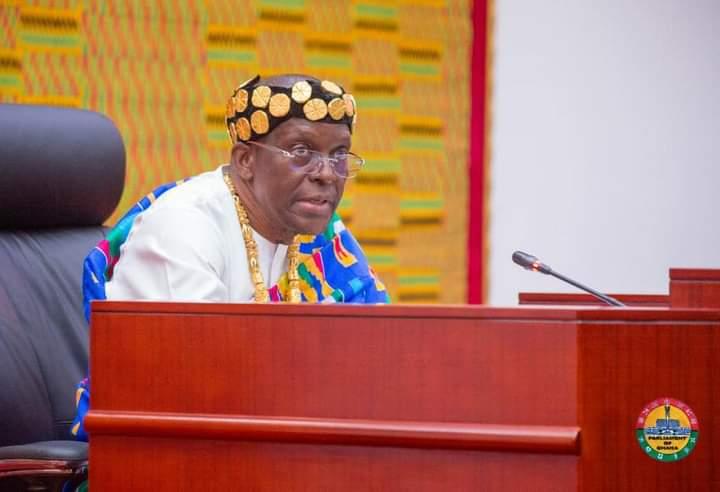
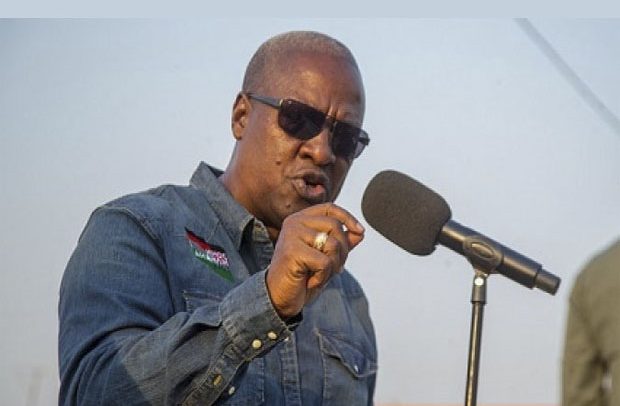
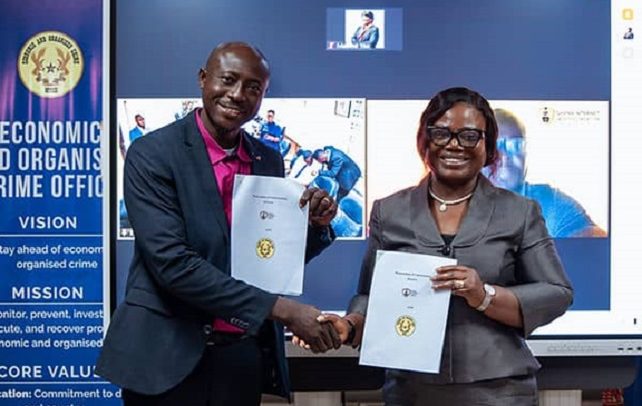



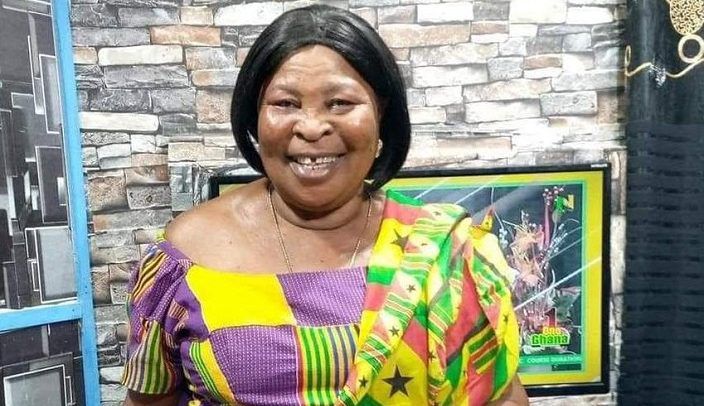

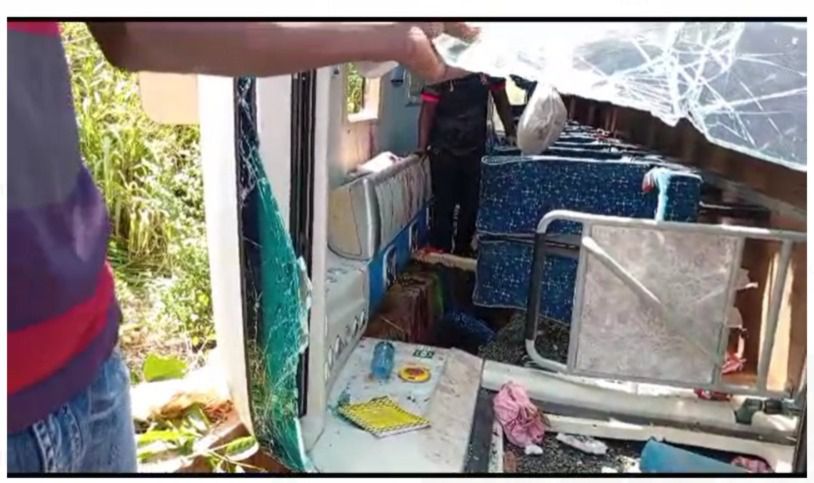
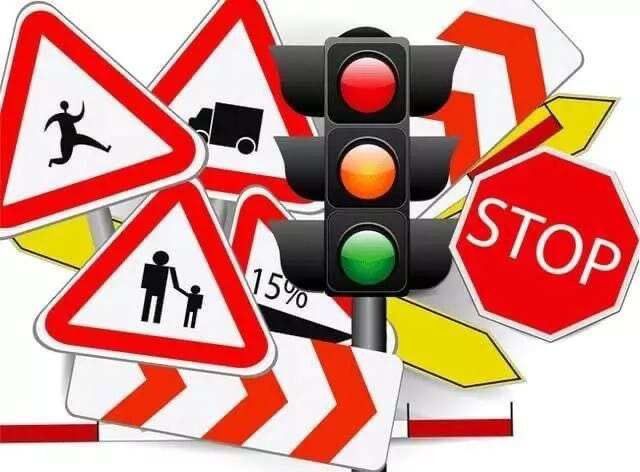
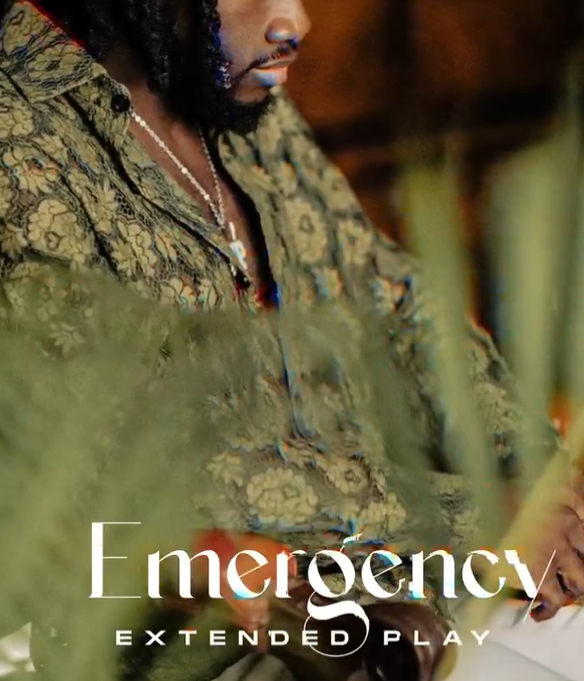

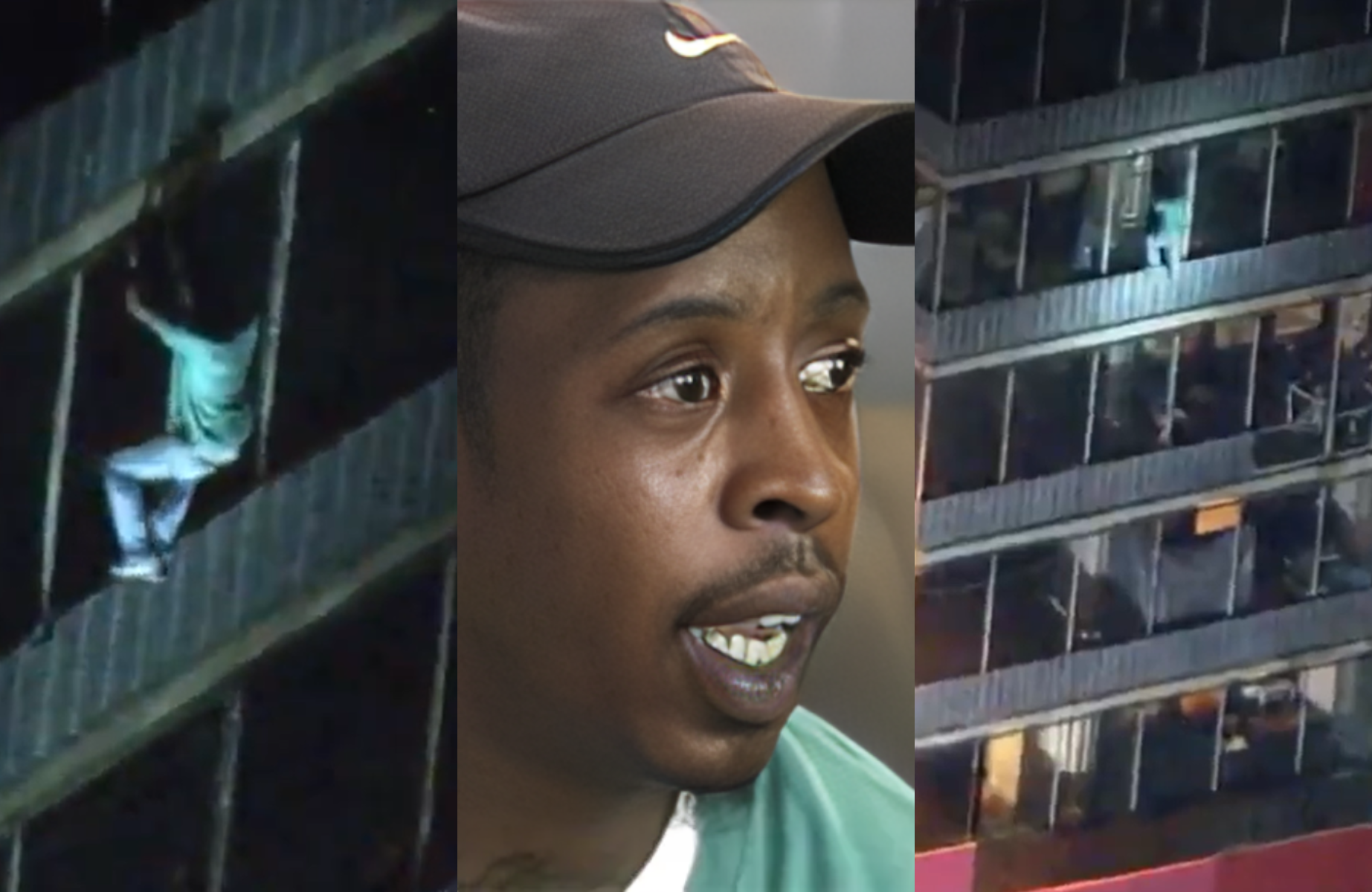

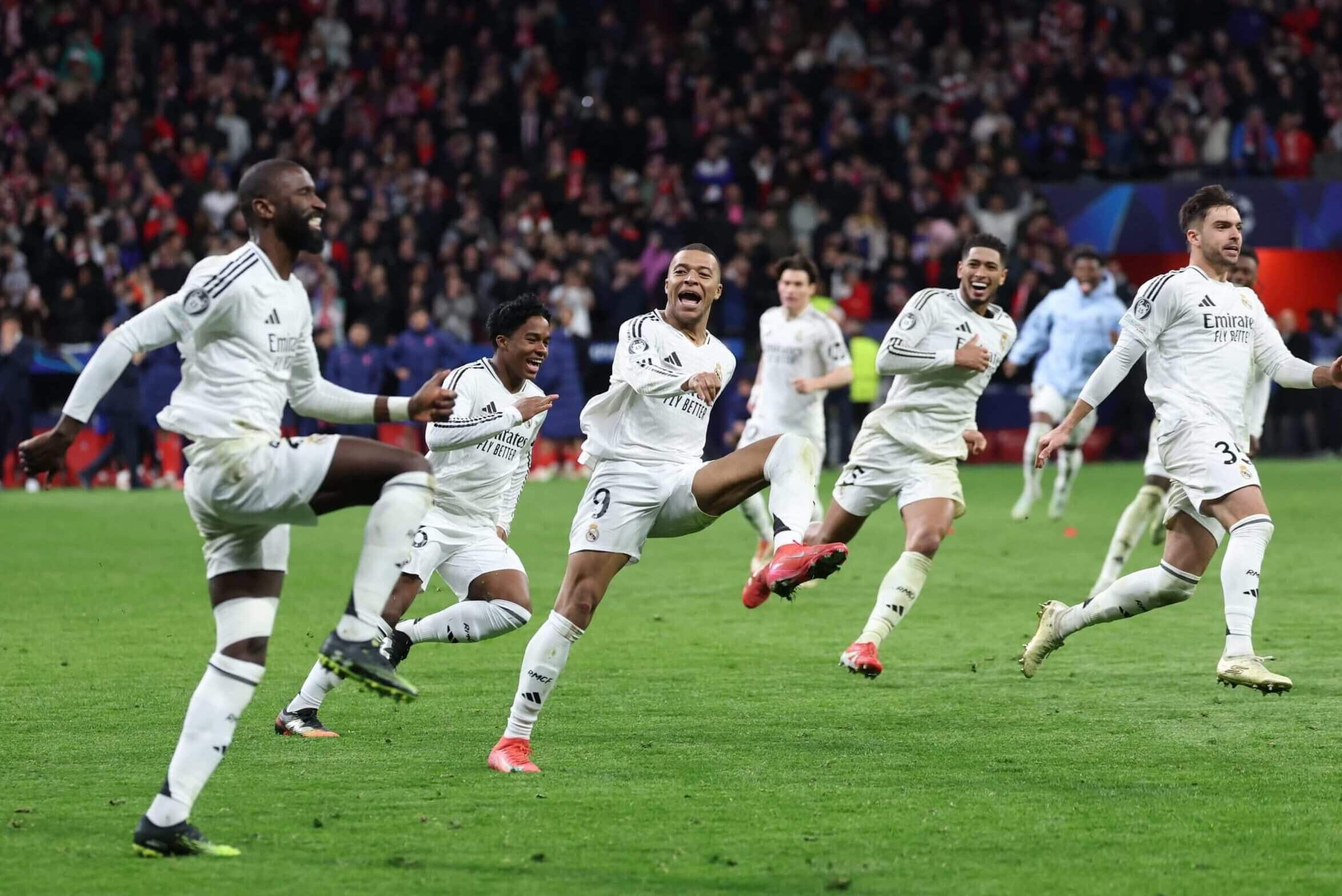
Facebook
Twitter
Pinterest
Instagram
Google+
YouTube
LinkedIn
RSS